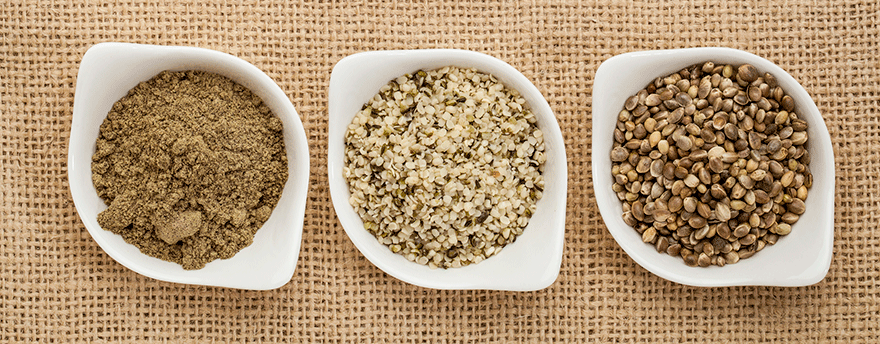The rising power of plant protein in sports nutrition

A report by Lumina Intelligence highlights the shift away from animal protein sources in sports nutrition. This sector is now regarded as mainstream and no longer the preserve of serious athletes and body builders. Claims such as “100% plant protein” and “vegan” are crucial in order to captivate consumer attention.
Lumina Market Intelligence’s sports nutrition data captures over 2,600 unique brand variants and 750 distinct brands across 20 countries. It concludes that flexitarianism is fuelling demand for vegan proteins as consumers aim to reduce animal-derived foods in their diets.
The personal health aspect is also important as there is a growing body of research attesting that plant-based diets are much healthier, substantially reducing chronic disease risk.
Soybeans are one of the few plant sources which are considered a complete protein, hence the long-standing presence of soy protein isolate as an ingredient in sports nutrition products. However, concerns may be allergenicity, a poor reputation in terms of sustainability, and fears that it might upset men’s hormonal balance.
Lumina’s research, analysing the back-of-pack information of more than 1,600 protein powders and drawing the average amount of advertised amino acid in each for each category, shows that the industry has managed to equalise the amino acid profiles of plant-based products with those of animal origin. An example of a popular combination is pea mixed with rice or oat protein. Pea protein is high in lysine but low in cysteine and methionine, while for rice and oat protein, it is the other way around.
Hemp, unlike peas and cereal grains, is a complete protein source. Its bioavailability and digestibility are also excellent and it is unlikely to cause bloating – a major advantage over proteins derived from pulses. Hemp protein is expected to move from niche to mainstream, based on its mild flavour, versatility and excellent digestibility.
Finally, according to Lumina, insect protein will rival plant protein in the medium to long term. It weighs in as a complete protein and, despite not being vegan, it scores very highly in terms of sustainability.
Download the Lumina report here and access a separate report on the sports nutrition market.
Read more Insights here...